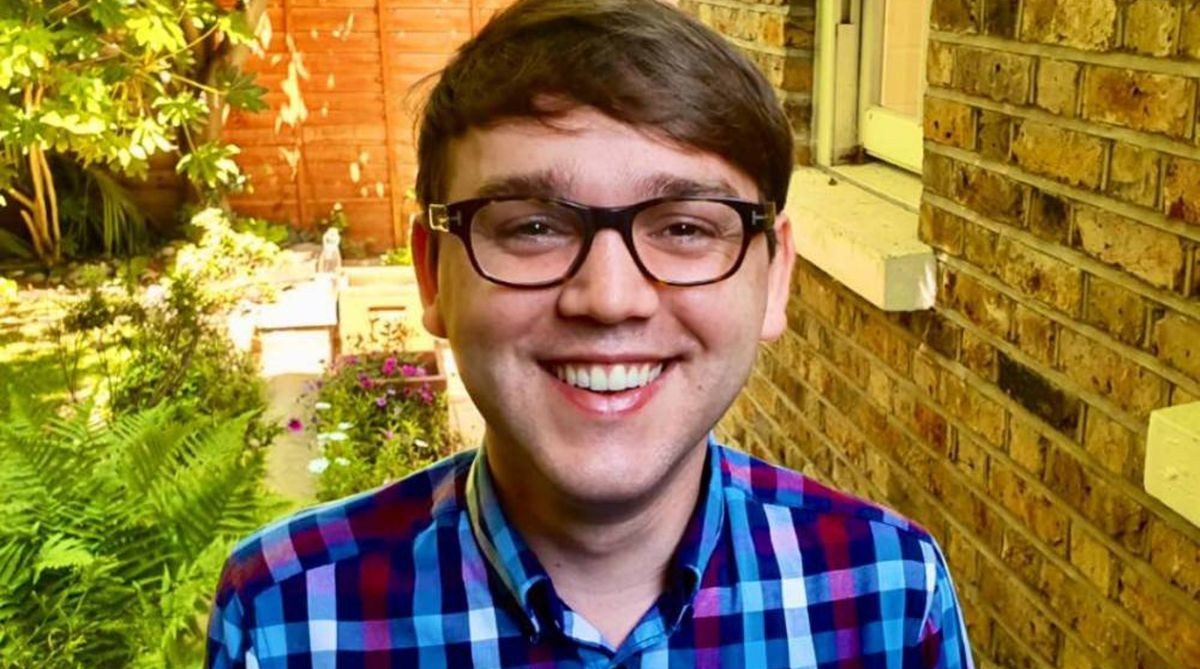For LGBT+ history month, criminology lecturer Dr Max Morris explored the criminalisation of sexual minority identities particularly with regard to HIV and sex workers.
During his talk hosted by the Kingston University LGBT+ society, Dr Morris said that when we think about the LGBT+ rights movement, we think of it as a progressive linear trajectory towards more equality, from same-sex marriage to better representation in the media and politics.
However, with this progress narrative, the movement has left out members of the community such as sex workers and people living with HIV.
Addressing the long-standing history of solidarity between marginalised minority groups, he argued that there is an intersection between minority identities.
“Many of these identities coalesce and so you’d find people who belong to multiple identities, for example, Marsha P Johnson being a black, sex working trans woman who was also HIV positive. So the idea that we can separate these identities might be a little bit more difficult to do than sometimes represented.”
From speaking to the media about his experience being HIV positive, he noticed that discourse around crime influences the way we think about sexual minorities.
In an anonymous article published by The Guardian, Dr Morris spoke about the stigma he encountered from other academics for being HIV positive.
People in the comment section of the article noted that the wording of the headline said he “admitted” to his HIV status rather than disclosed it.
With one comment saying “One doesn’t admit to an illness one admits to a crime.”
Many comparisons can be drawn between HIV and Covid-19. Both were met with denial and ignorance, but unlike Covid-19 there are criminal laws that apply to HIV transmission, exposure and even non-disclosure of HIV status. In the UK the law refers to “reckless”or “intentional” transmission of HIV.
When interviewed by the BBC about how the situation with regards to HIV has changed, Dr Morris noted that social attitudes rooted in the 1980s continue to shape people’s experiences of stigma: “People still associate HIV with those powerful images of gravestones on the television or Princess Diana hugging people in hospital. Many refused to touch us, let alone have any intimate contact. But today, those of us living with HIV can expect to live just as long as anyone else.”
Comparing the public health adverts of the 1980s for the Aids’ crisis to the public health adverts for Covid-19, Dr Morris questions whether they help or reinforce the stigma of illness and death.
Throughout his talk, he spoke of how LGBT+ History month reminds the LGBT community how much their lives are actually constructed by law, medicine and the media amongst other things.
He summarised with: “Any simplistic story of progress from criminalisation to decriminalisation…any simplistic trajectory like this can always be complicated by looking at those who don’t fit that construction of identity.
“Sure homosexuality may have been decriminalised, but there are these other behaviours these other identities which remain a subject of criminal laws’ intervention including HIV transmission and sex work.”

